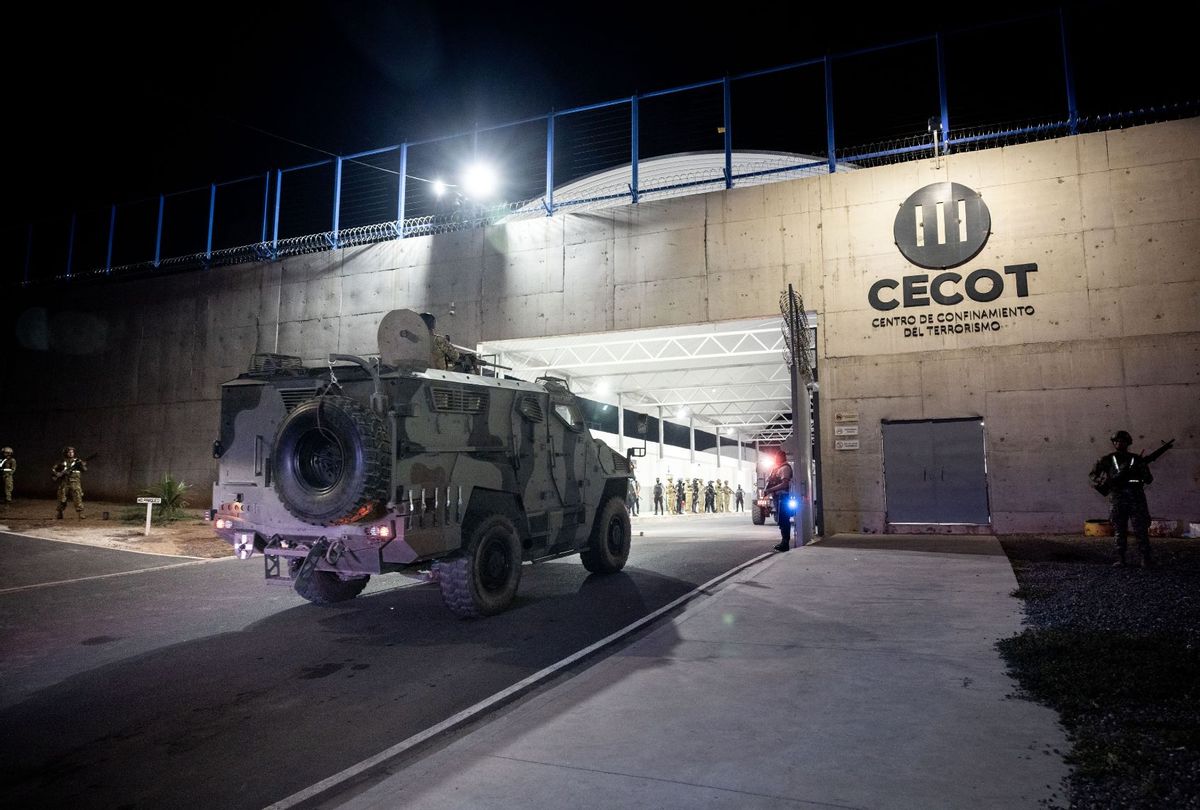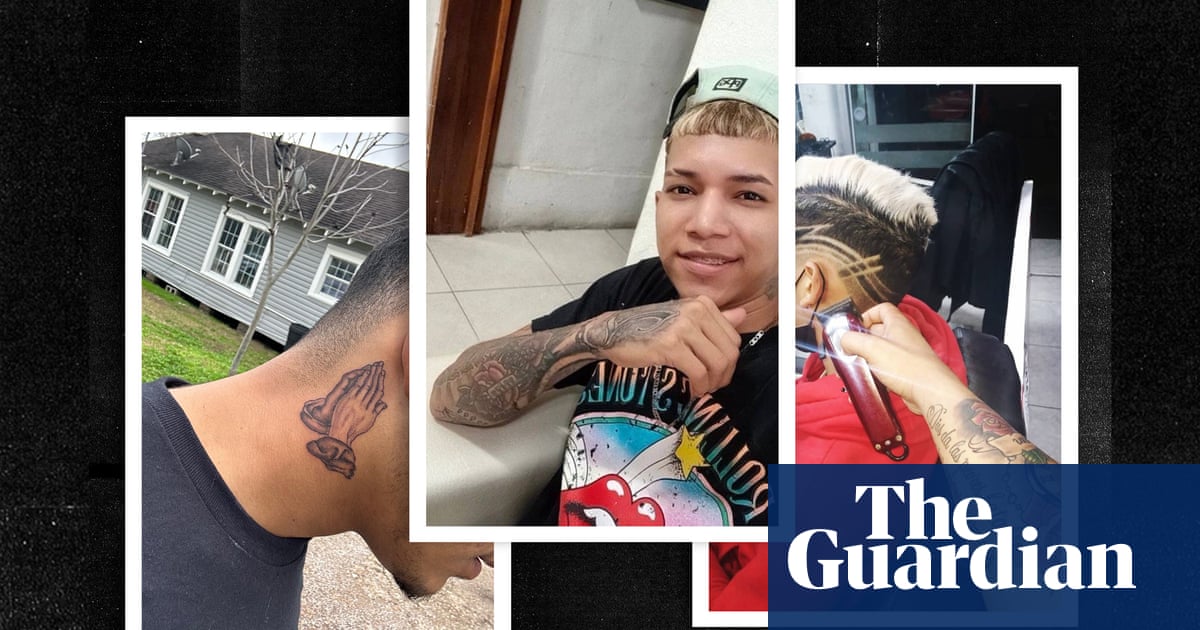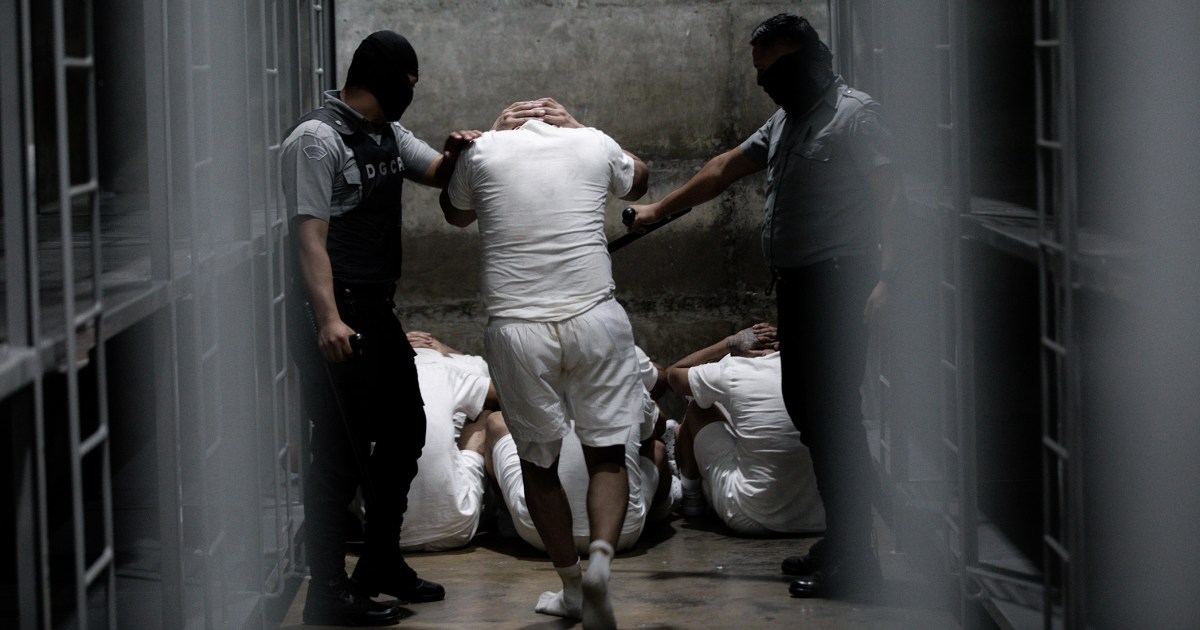Trump Administration's Controversial Deportations Raise Human Rights Concerns as Families Fight Back
Recent deportations of Venezuelans to El Salvador draw claims of mistaken gang affiliations fueled by tattoos, prompting legal challenges and renewed calls for justice.
Overview
The Trump administration's deportation of over 200 Venezuelans to El Salvador has intensified scrutiny over the process, with many deportees alleged to be wrongly identified as gang members based on tattoos. Families and lawyers contest these claims, emphasizing that many detainees do not have criminal records. A federal judge has expressed frustration with the lack of transparency surrounding the deportations, and the American Civil Liberties Union warns of the harsh prison conditions awaiting these individuals. Amid rising concerns about legal violations and human rights abuses, calls for judicial intervention intensify as families seek justice.
Content generated by AI—learn more or report issue.

Get both sides in 5 minutes with our daily newsletter.
Analysis
- Concerns are rising over the treatment of the deported Venezuelan immigrants, particularly regarding the conditions they face in El Salvador's CECOT prison, known for its human rights abuses.
- Legal representatives of deportees have emphasized that many individuals were wrongfully accused of gang associations based on tattoos that have no ties to criminal activity, undermining the justification for their deportation.
- The Trump administration has faced criticism for bypassing due process in the deportation process, raising alarm about the implications for human rights and the legal system in handling immigrants.
Articles (7)
Center (3)
FAQ
The Trump administration deported 238 Venezuelan men to El Salvador.
A federal judge has criticized the Trump administration for providing insufficient details about the deportations and is considering contempt of court proceedings due to potential defiance of his orders.
History
- 3M

 4 articles
4 articles





